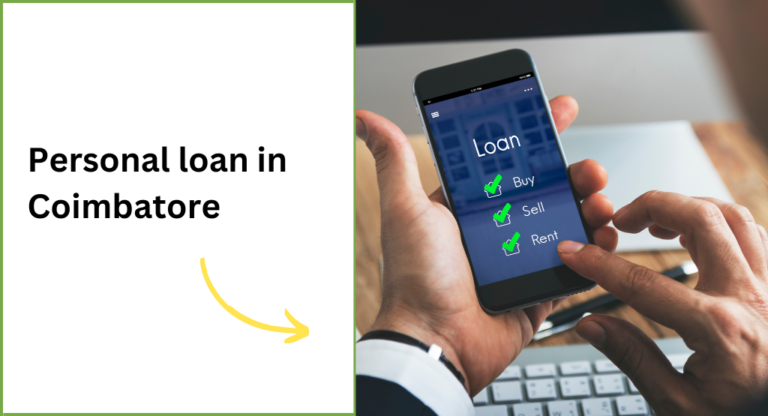- According to Bhavin Patel, founder and CEO, LenDenClub, an individual is expected to default on his or her loan at least once in life.
- In banking, commercial loans are considered defaulted if the debtor has made zero payments of interest or principal within 90 days.
- A loan default occurs when a borrower is not able to pay the EMI amount with interest to the financial institution as per the loan agreement.
Getting out of a debt trap is not an easy task, especially when you have defaulted on a bank loan. A loan default occurs when a borrower is not able to pay the EMI amount with interest to the financial institution as per the loan agreement. In banking, commercial loans are considered defaulted if the debtor has made zero payments of interest or principal within 90 days, or is 90 days past due.
According to Bhavin Patel, founder and CEO, LenDenClub, an individual is expected to default on his or her loan at least once in life. “However, that needs to be improved quickly for better prospects towards future loan requirements,” he says.
Here are the options one can consider in order to avoid a debt trap, as suggested by experts:
Debt consolidation
In case of a loan default, the borrower can opt for debt consolidation.
“This is one of the best ways to get out of a debt trap. The borrower should look for a new, low-cost personal loan and pay off his current pending debts. By consolidating the debt, the borrower is combining multiple debts into a single debt. It allows them to opt for a favorable payoff term with a lower rate of interest and EMIs,” suggested Ketan Patel, CEO, Cashe.
Creating a budget
It is also important to create a budget and stick with it. The defaulter should avoid unnecessary expenses, be it big or small until he/she is not in a financially comfortable position.
“This includes reducing the usage of credit cards too. Use credit cards wisely because that may end up incurring high-interest rates and penalties for not paying it on time,” Patel said.
Informing the lender
If the borrower is about to default on the loan due to some adverse circumstances, he must inform the lender about the reason that has made him unable to pay the EMIs.
“Convince the lender about the intent of paying back the loan as soon as possible. For this, one can share the past documents of EMI payments for the loan or the previous loans that have been cleared,” explained Gaurav Chopra, CEO, and founder, IndiaLends.
According to Jonathan Bill, CEO & Co-Founder, CreditMate — a Paytm-backed fintech start-up, the borrower can also ask the lender if the duration of the loan can be extended. “In this case, the borrower can pay smaller EMIs. However, the total interest pay-out will go up,” he said.
Liquidating the investments
To unburden from an outstanding loan, borrowers can opt for liquidating the underperforming or non-performing investments. This will help them in substantially saving the interest mounting upon such loans, according to experts.








